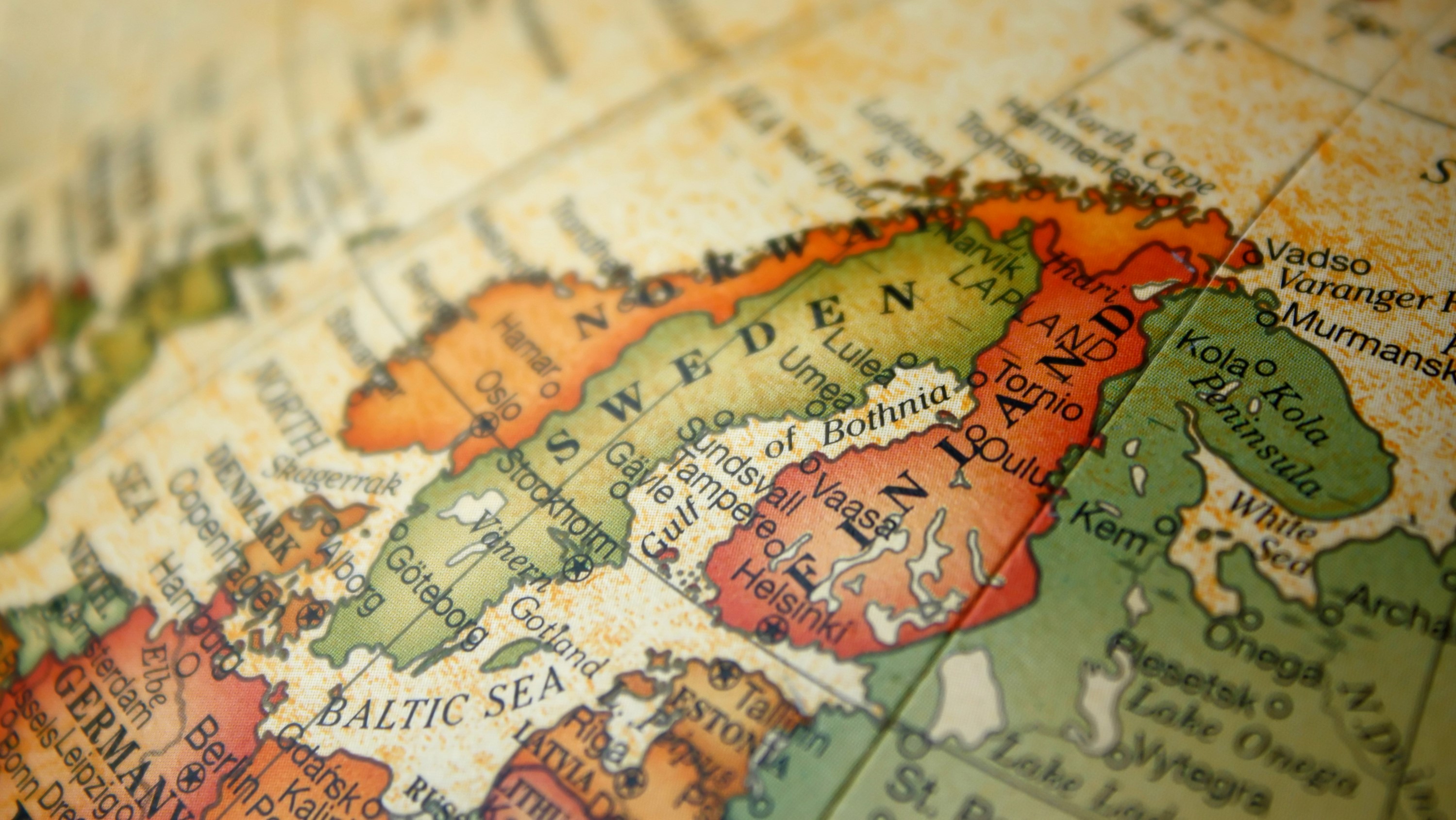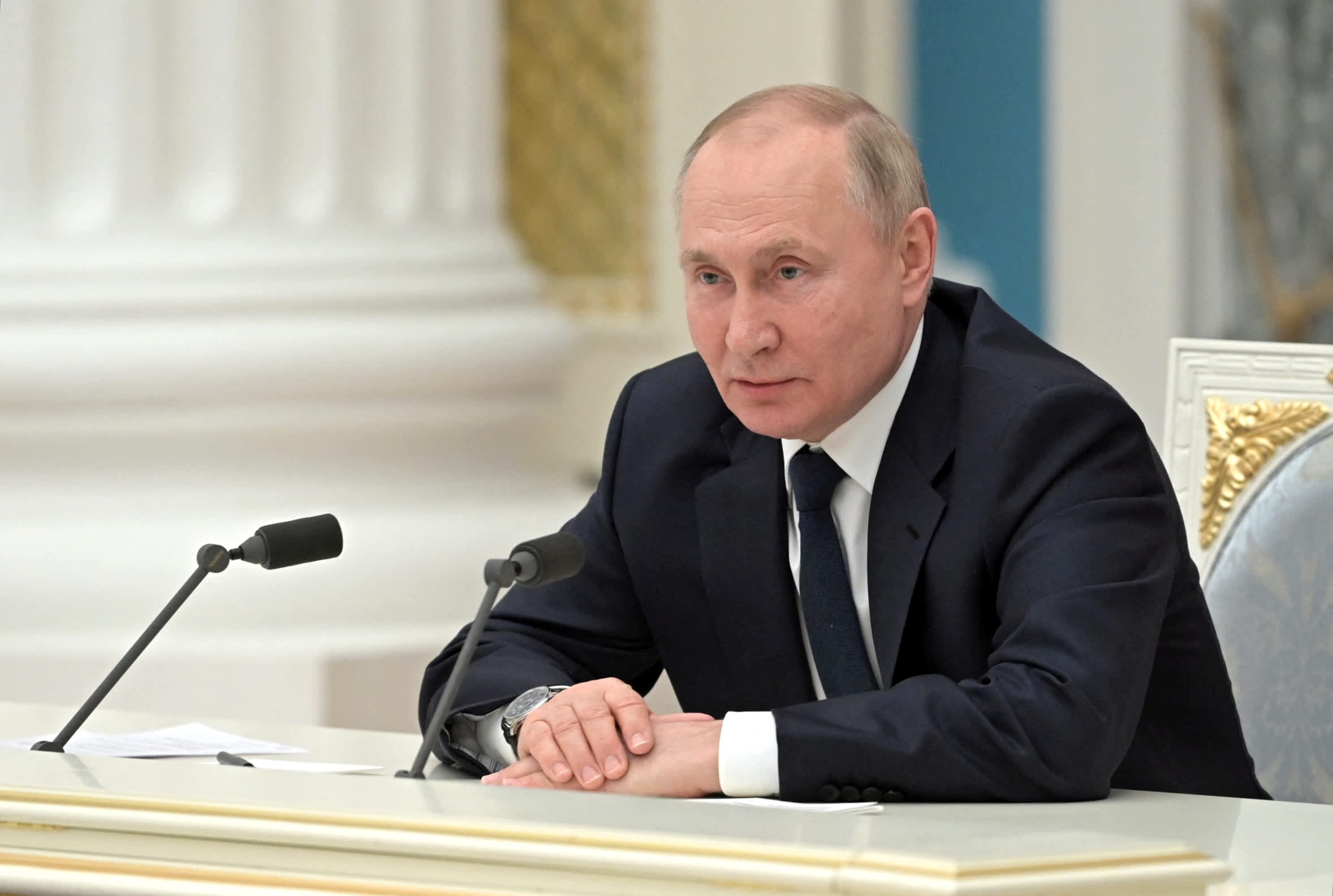The likelihood of Russian President Vladimir Putin using nuclear weapons in his war on Ukraine is growing, local experts say.
Ukrainian President Volodymyr Zelenskyy said that "all of the countries of the world" should prepare for the possibility of tactical nuclear weapons on CNN earlier this week.
Tactical nuclear weapons are typically described as smaller nuclear weapons that can be used in a targeted way on the battlefield, used at shorter ranges for "tactical" attacks use during military operations.
Harvard scholar Oleh Kotsyuba and Northeastern University professors Mai’a Cross and Pablo Calderon explained why Putin would use tactical nuclear weapons and what the outcome might be during NBC10 Boston's weekly series, "Russia-Ukraine Q&A."
Get New England news, weather forecasts and entertainment stories to your inbox. Sign up for NECN newsletters.
More from this series
Putin is under mounting pressure to secure a victory. After failing to take Kyiv, the capital, in the early weeks of its multipronged invasion, Russia has since narrowed its objectives by focusing on the Donbas, where Moscow-backed separatists have been fighting since 2014.
"There's been the possibility of a nuclear escalation from the beginning but in some ways, it's more possible now," Cross said. "Mainly because the Russian military is weakening and there's a kind of growing desperation I think on the part of Putin to be able to say that, in some way, he has won."
Meanwhile, Russia’s annual Victory Day, celebrated on May 9, is drawing near. The holiday commemorates Russia’s World War II triumph with troops parading through Moscow’s Red Square alongside military hardware including intercontinental ballistic missile launchers.
"Putin needs some kind of a victory," Kotsyuba said, pointing to the holiday. "The question is, of course, 'What is the real goal of using a tactical nuclear weapon?'"
Two possible objectives of using tactical nuclear weapons would be either to win the war or to punish the Ukrainian people, according to Calderon. The former would make occupying Ukraine rather difficult, Calderon and Cross noted, if Putin's objective is to control the population.
"I think the second use might be what we see here," Calderon said. "He might see the use of a nuclear weapon as a way to punish the Ukrainian population and as a way to punish the enemy for not doing what he thinks they should be doing."
"In terms of the battlefield strategy, it doesn't accomplish that much actually because it's such a destructive weapon that leaves a radioactive field in its wake," Cross said. "So that doesn't actually make it very easy for the Russian military to then kind of control that land, because it becomes quite dangerous. And it's also destroyed. So what exactly are you controlling in the first place anyway?"
Putin's real motivation likely isn't about controlling the landscape, experts agreed.
"I think if Putin uses these nuclear weapons, it's mainly to send a signal to the West and also to kind of try to demoralize and frighten the Ukrainians even further," Cross said.
"We have to be very clear what actually the goal is for Putin in Ukraine. It's not so much the control of territory or, in some way, dominating Ukraine, territorially or militarily, even," Kostyuba said. "It's really the idea of Ukraine as a democracy that is integrated with the West, you know, that is self-ruled, independent and so on."
Rather than launching a tactical nuclear weapon on the battlefield, Cross said Putin could potentially launch it out over the sea as a demonstration of his resolve. Such a move would garner a "huge" escalation and response from the West, Cross said.
"If Putin uses these nuclear weapons, it's mainly to send a signal to the West and also to try to demoralize and frighten the Ukrainians even further."
Mai'a Cross, Northeastern University scholar
"There is a taboo against the use of nuclear weapons, even tactical nuclear weapons," Cross said. "But in a sort of political sense, Putin could send a very strong signal about his determination to continue and to really be the most powerful player in this whole war. And the use of a tactical nuclear weapon would do that."
However, sending any kind of message involving a tactical nuclear weapon would achieve the opposite effect in Ukraine, Kotsyuba said.
"If the tactical nuclear weapons are used, it will radicalize part of the population," Kotsyuba said. "So I think a lot more people are going to join in the forces and try to help in whatever way they can."
The war could be settling into a "very uncomfortable pattern," of attrition that could go on for months if not years, Calderon said.
"Neither of the two sides is strong enough to achieve any of their objectives," Calderon said. "But one of the sides has this ultimate tool, which is to punish the civilian population by dropping a nuclear weapon, and basically achieving some degree of revenge."
"I still think we're a little bit far away from that. But it really depends on how the war proceeds and if we managed to avoid becoming a very low, very torturous, very slow war of attrition in which we will reach some sort of stalemate that prolongs itself forever. And that's going to become incredibly costly for Putin."



